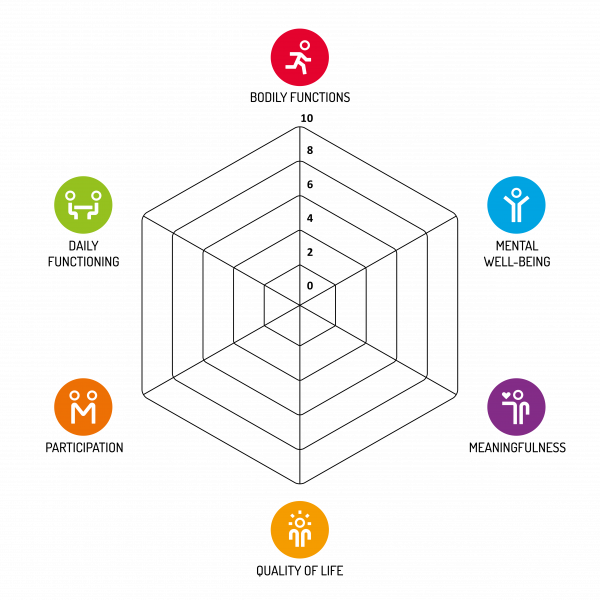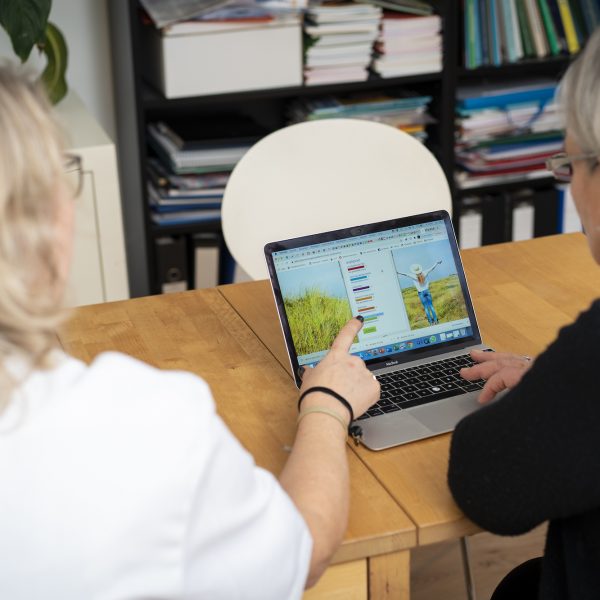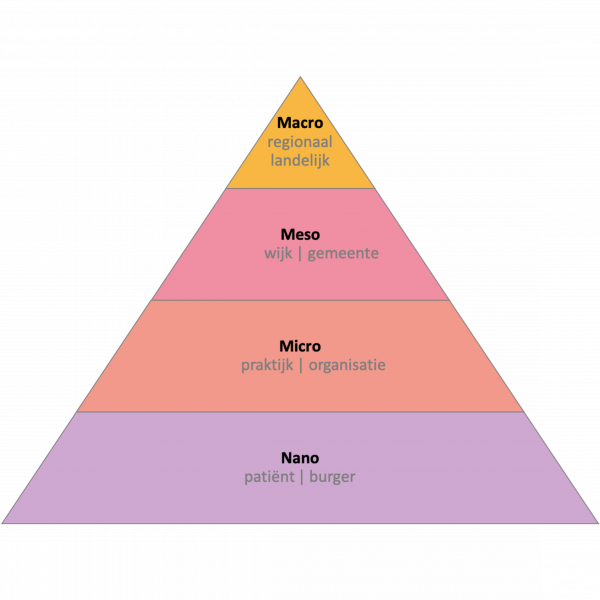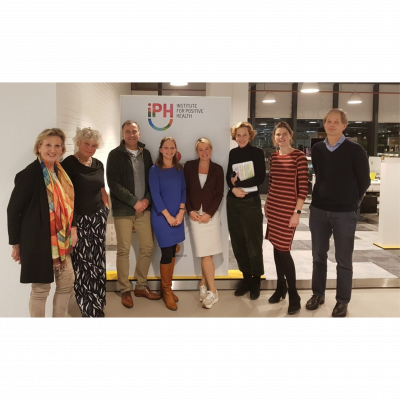A broader perspective on health, yielding a better result
People are more than their illness or condition. Yet, this is usually what we focus on. All the attention goes to their symptoms and health problems, and how to solve those. Positive Health chooses a different perspective. The emphasis is not on illness, but on the people themselves, on their resilience and on what it is that makes their lives meaningful.
What is Positive Health?
Positive Health is a broader view of health, elaborated in six dimensions. This broader approach contributes to people’s ability to deal with physical, emotional and social challenges in life — and to be in charge of their own affairs, whenever possible.

How does it work?
- People who fill out the questionnaire can use the spider web to outline how they perceive their own health. With questions such as: do you feel happy, or do you feel lonely? Can you manage to do daily chores, such as housework? Do you still enjoy your activities?
- Using the outcomes, care providers and patients will be able to hold a totally different conversation. What is really important to you? What would you like to change?
- Together, they can then consider who or what could help to improve the situation.

Watch the animation
This animation explains what Positive Health is and how it works.
How the thinking was turned around
When former general practitioner and researcher Machteld Huber was confronted with illness herself, she noticed how she could greatly influence her own recovery. This led her, in 2011, to investigate the concept of health more closely. At that time, there were already voices saying that the 1948 definition of the World Health Organization (WHO) was too static and ambitious for the current age.

When to apply it?
The spider web can be used in numerous situations. From an intake interview with patients to the development of a policy vision on how to address regional health issues.
- For patients and citizens (nano)
- In organisations and surgeries (micro)
- In districts, villages, cities and municipalities (meso)
- Provincial and rural policy (macro)

Where do we encounter Positive Health?
- Surgery hours
- Professional profiles
- Treatment plans
- Kitchen table talks
- Policy plans
- Personalised care
- Treatments
- Geriatric care
- Child and Youth Care
- District plans
- Intake interviews
- Human Resources
- Prevention plans
- District teams


